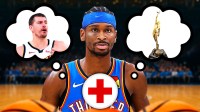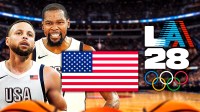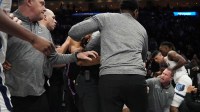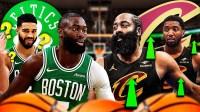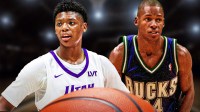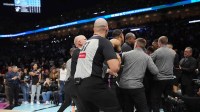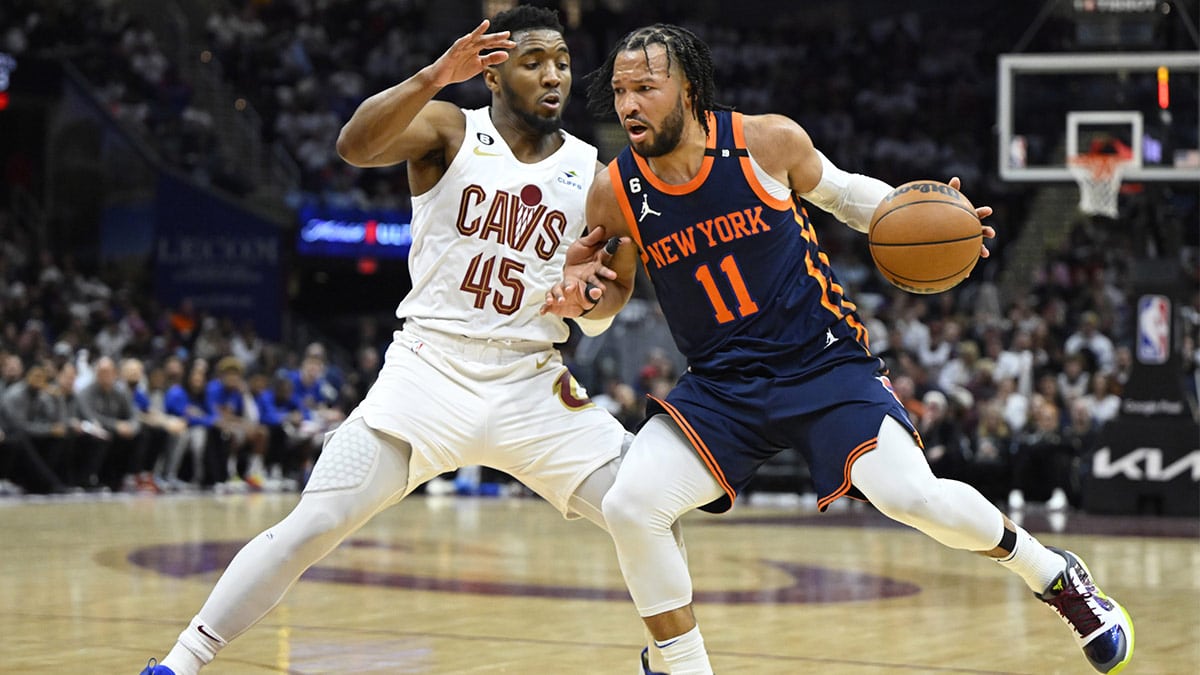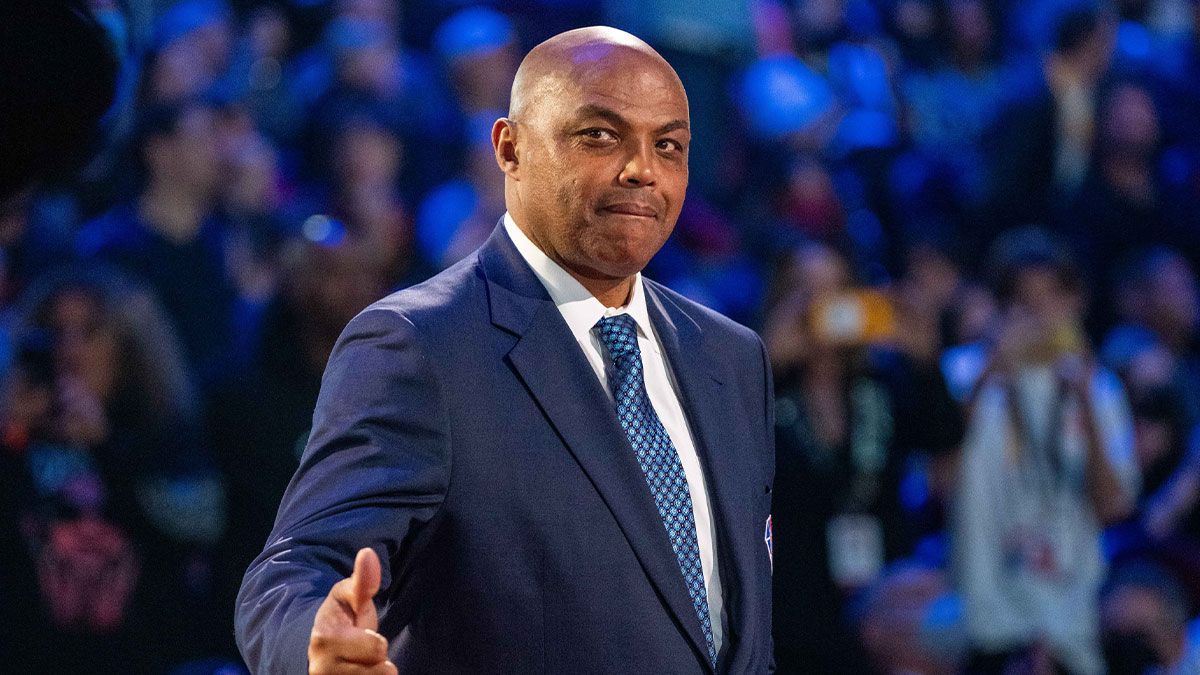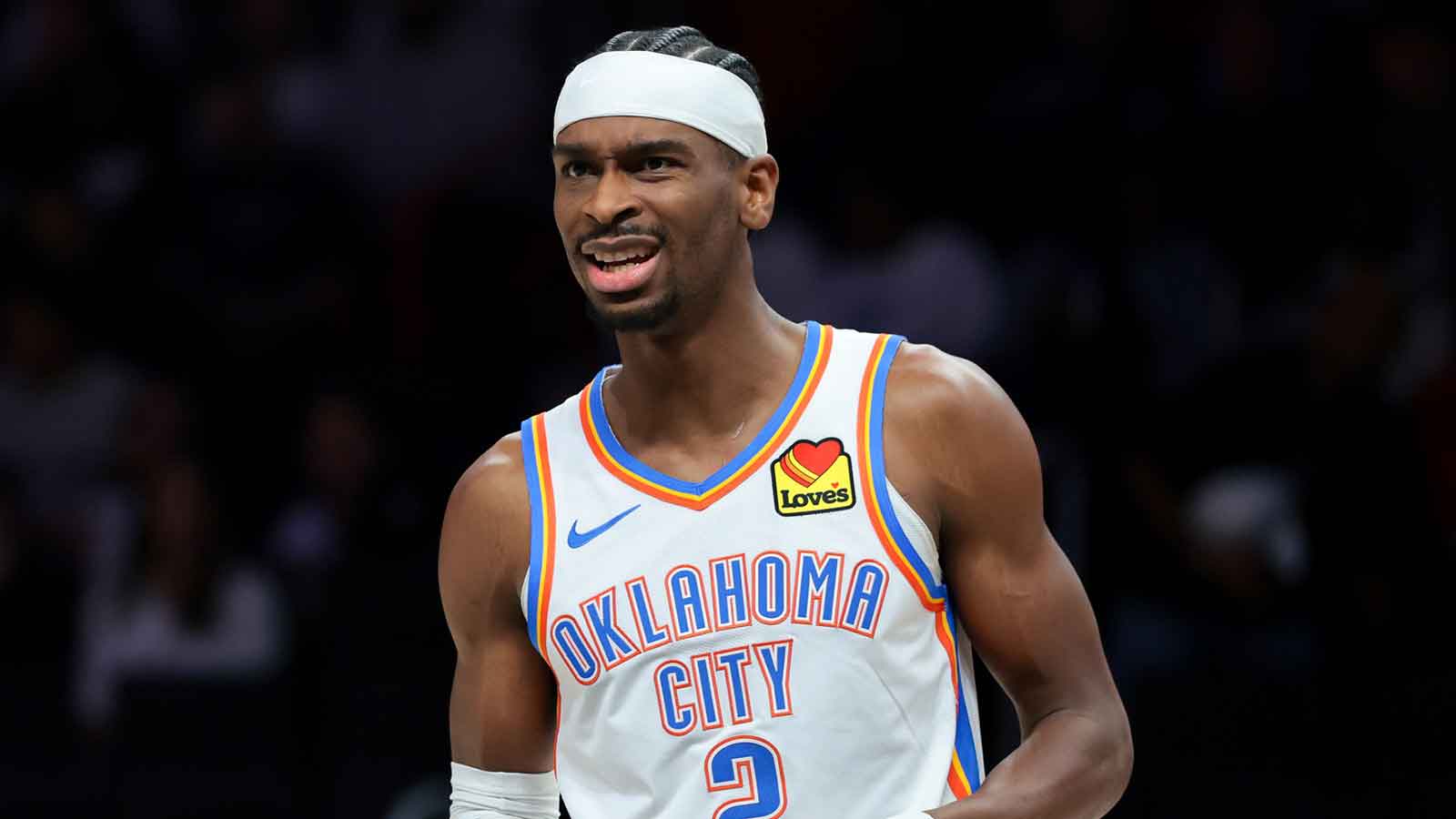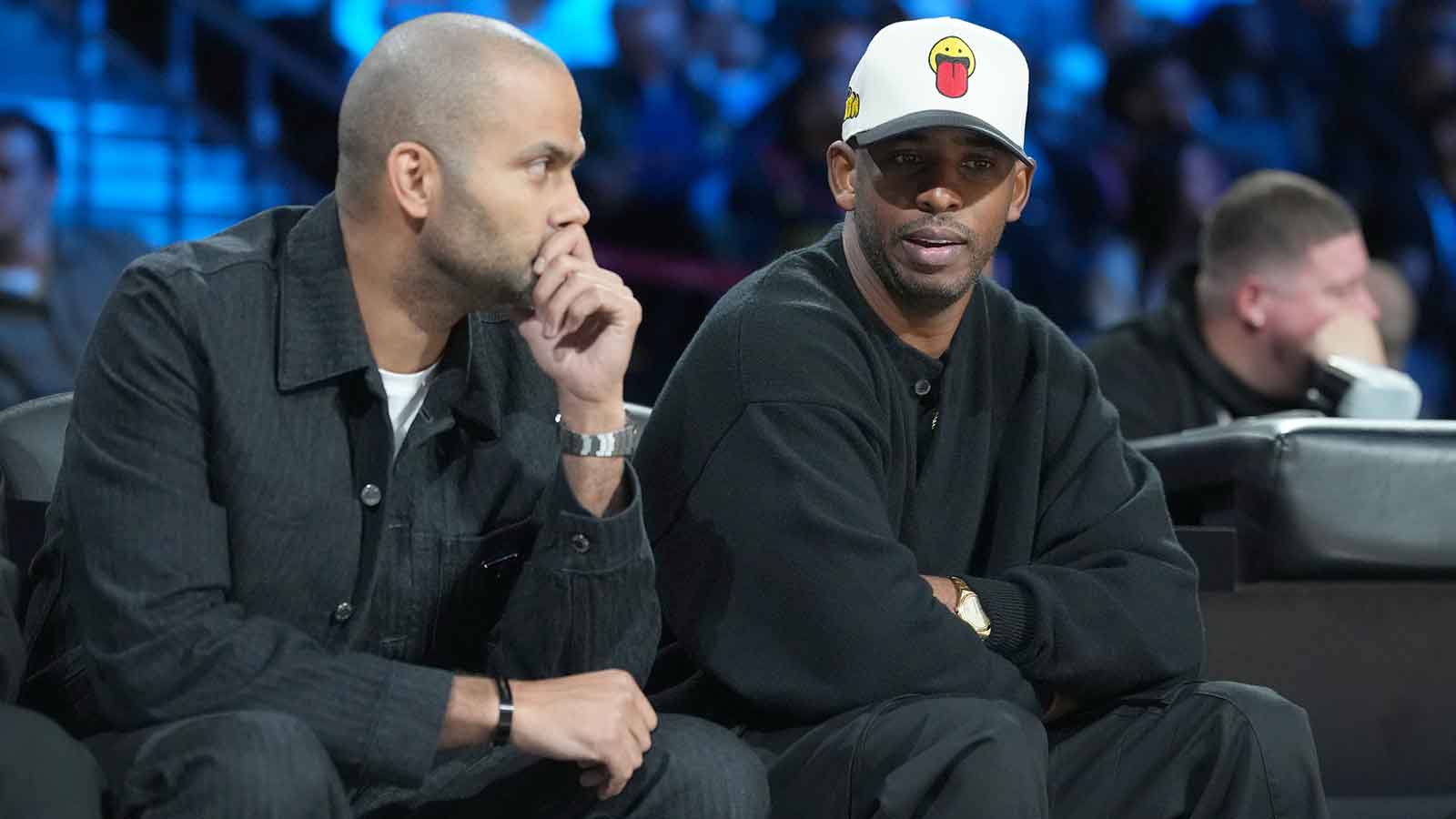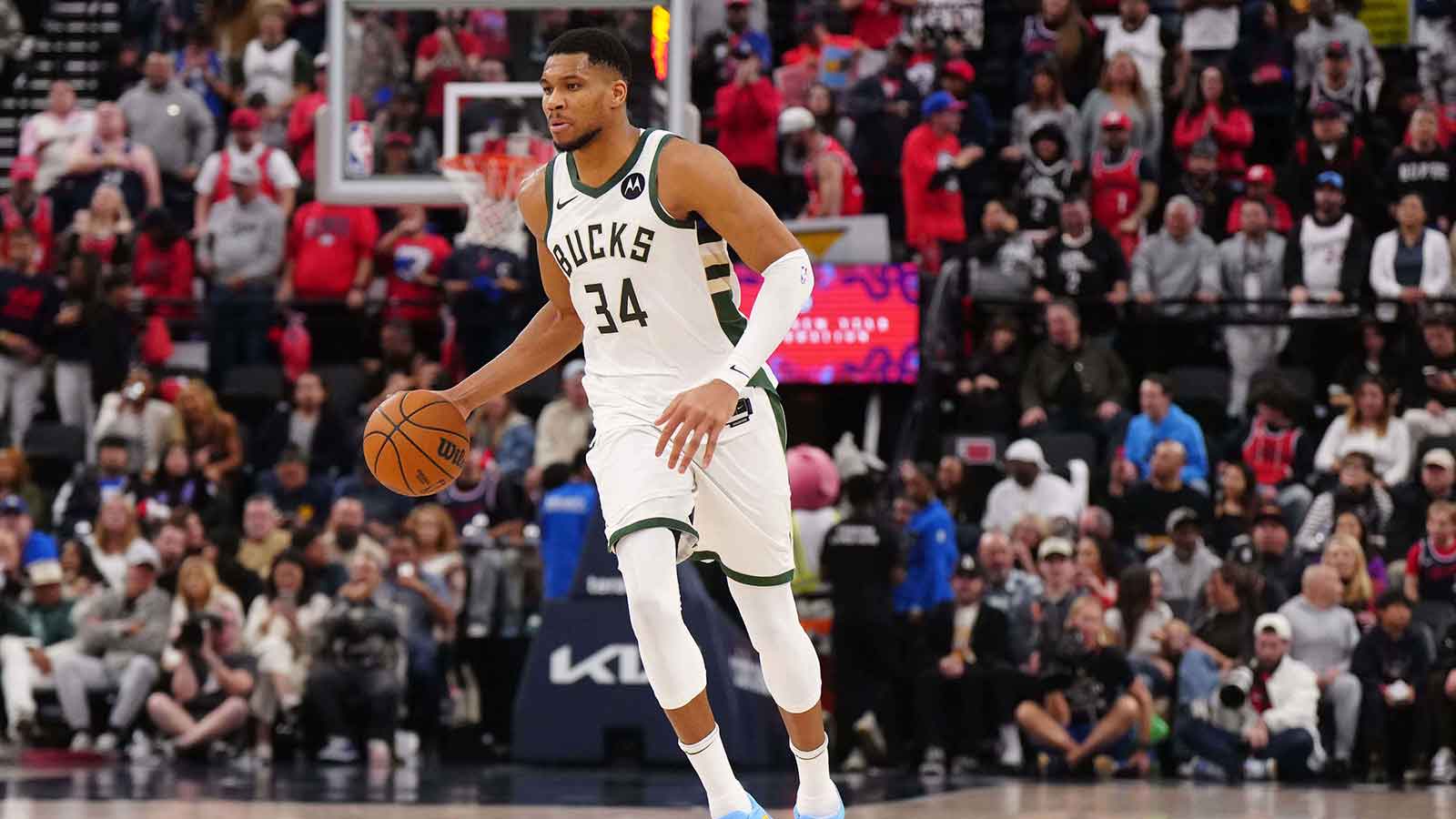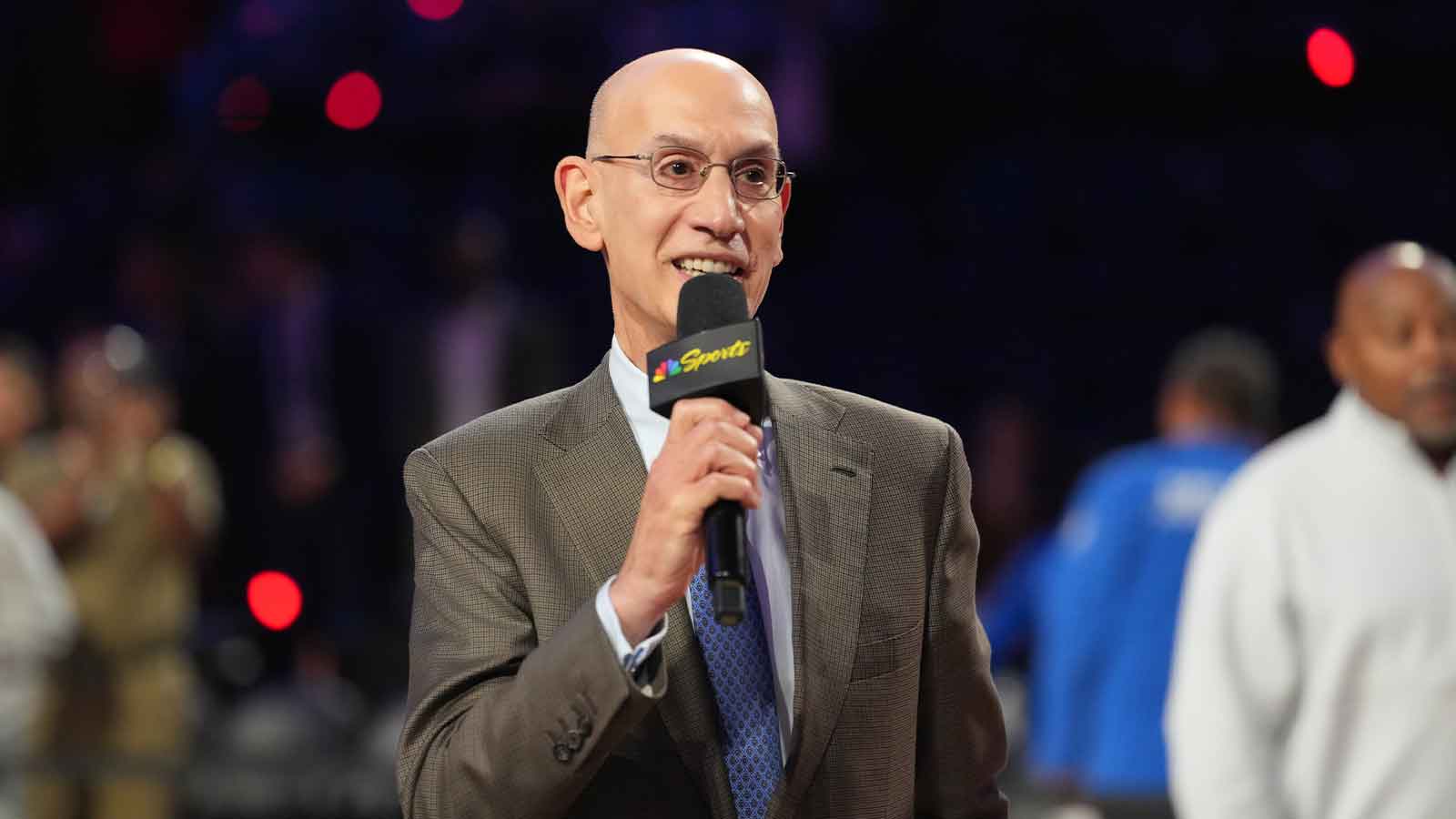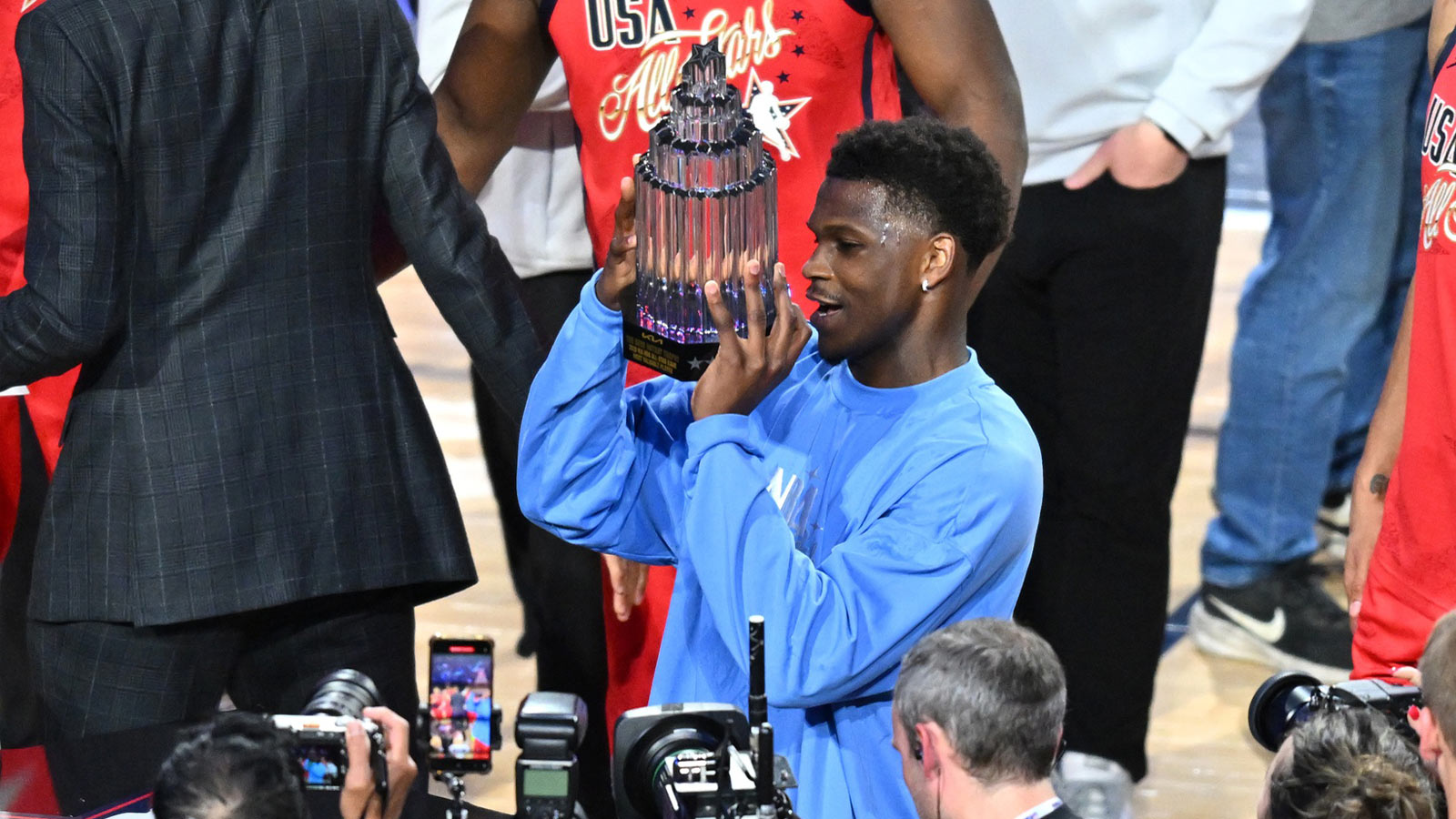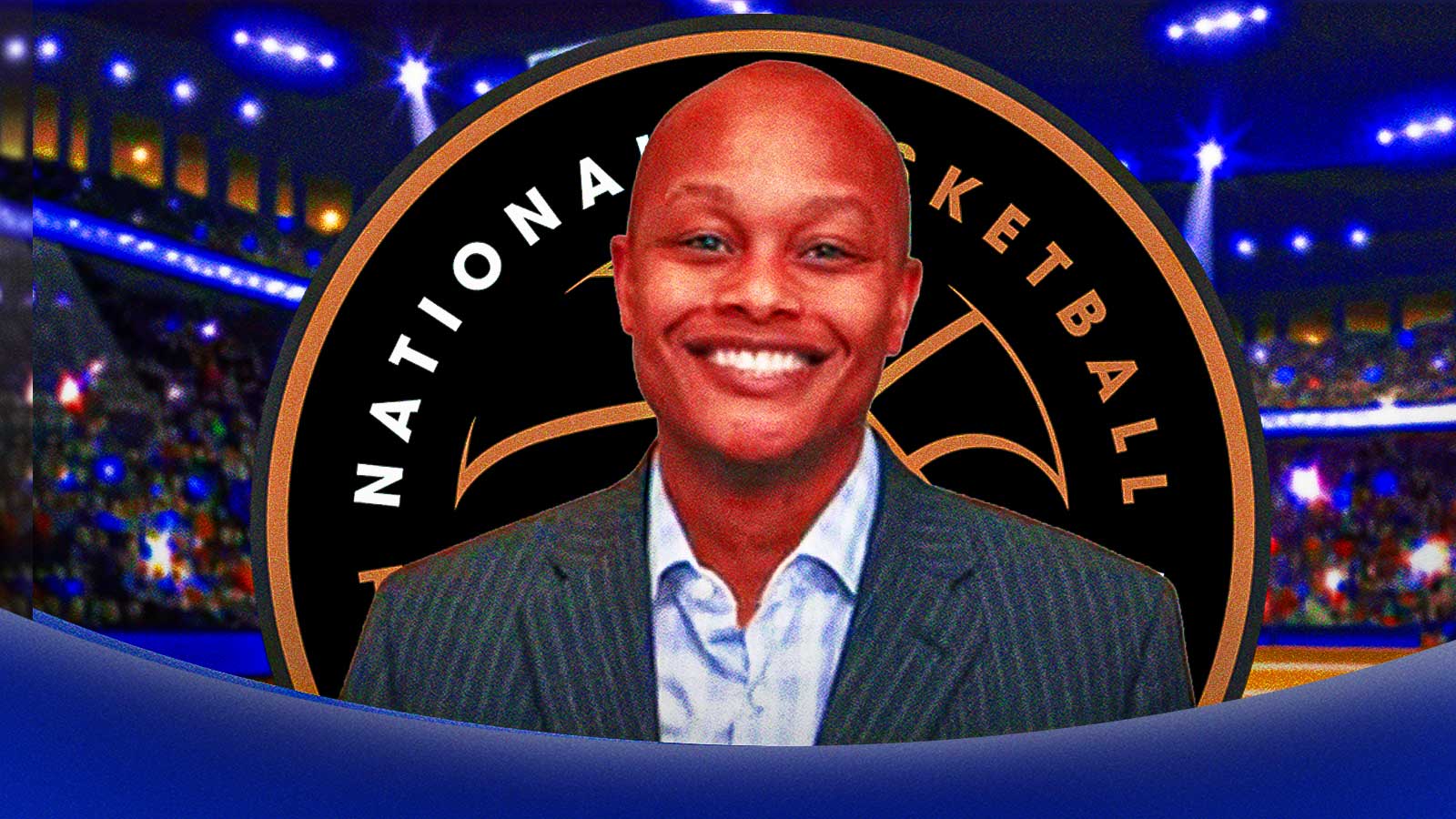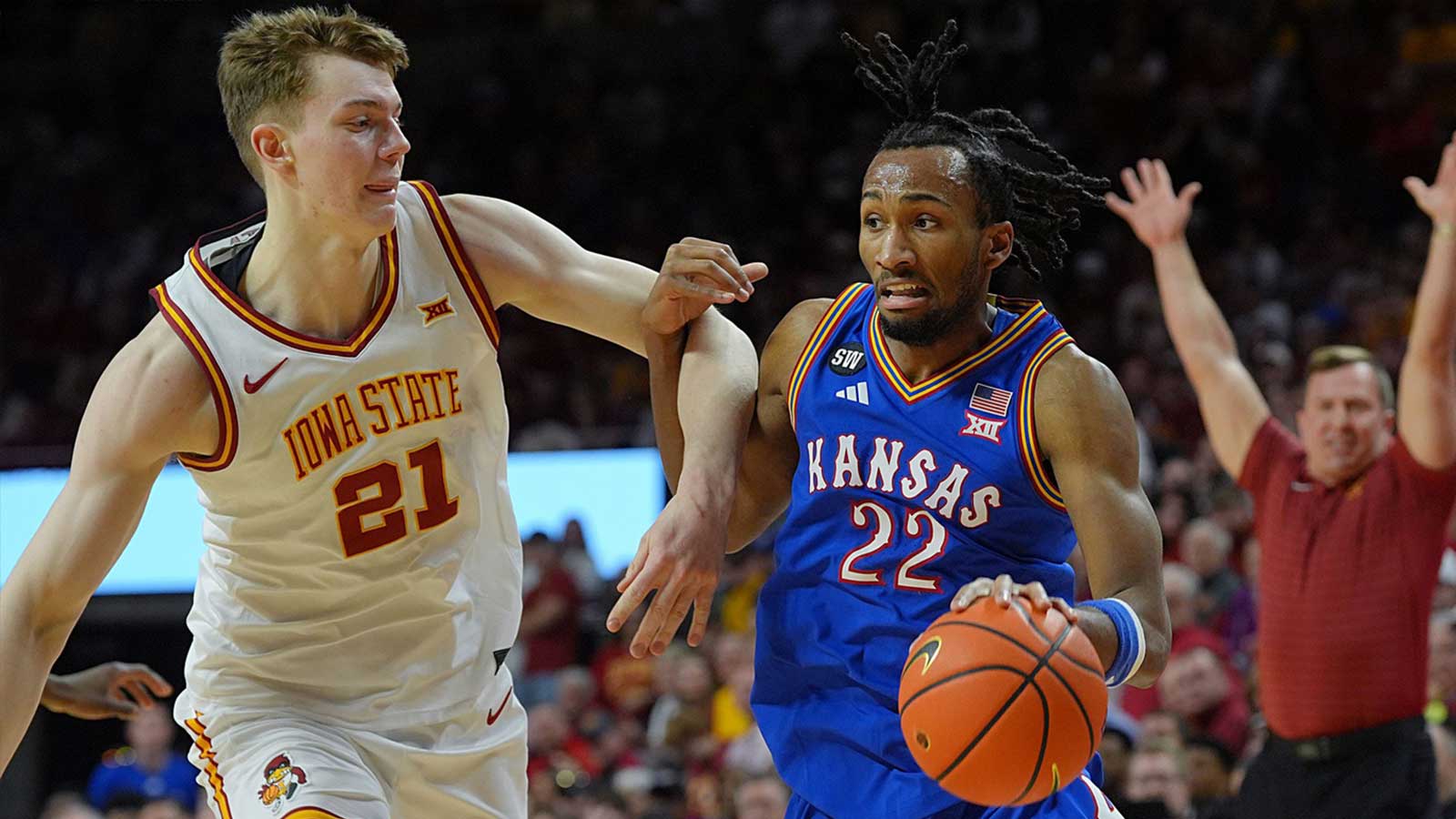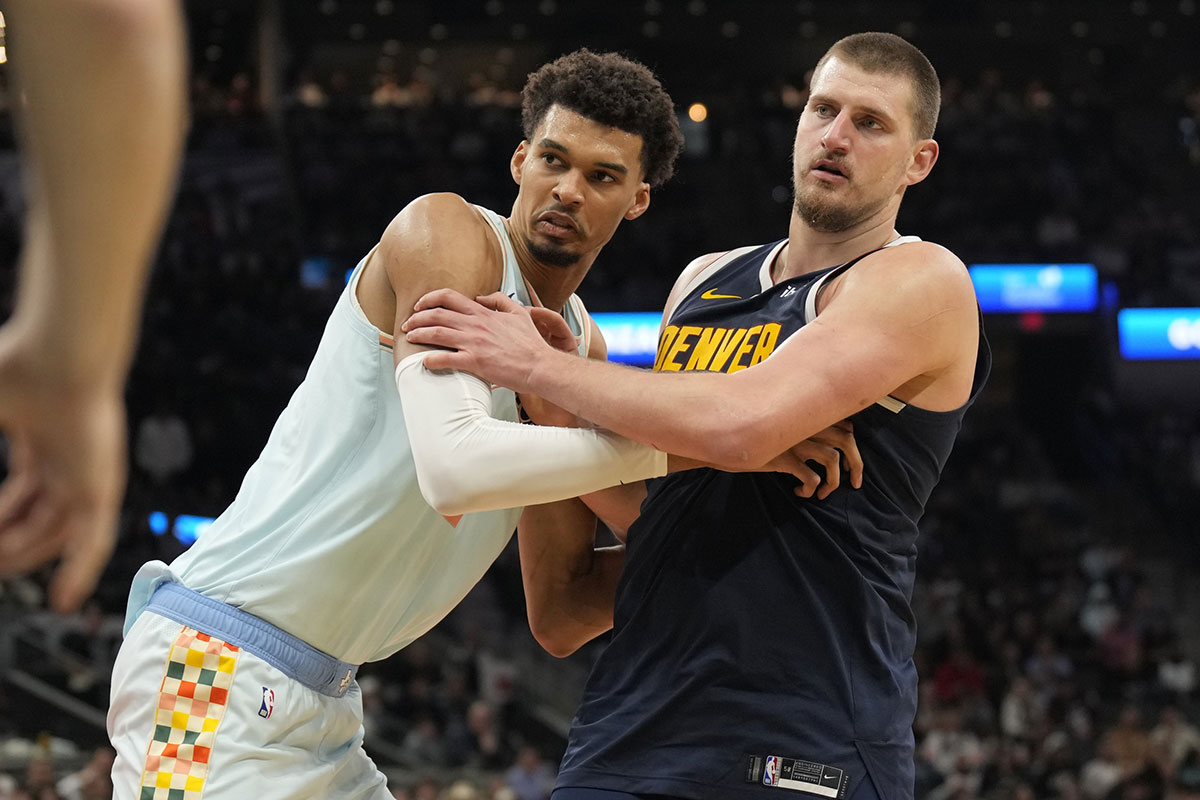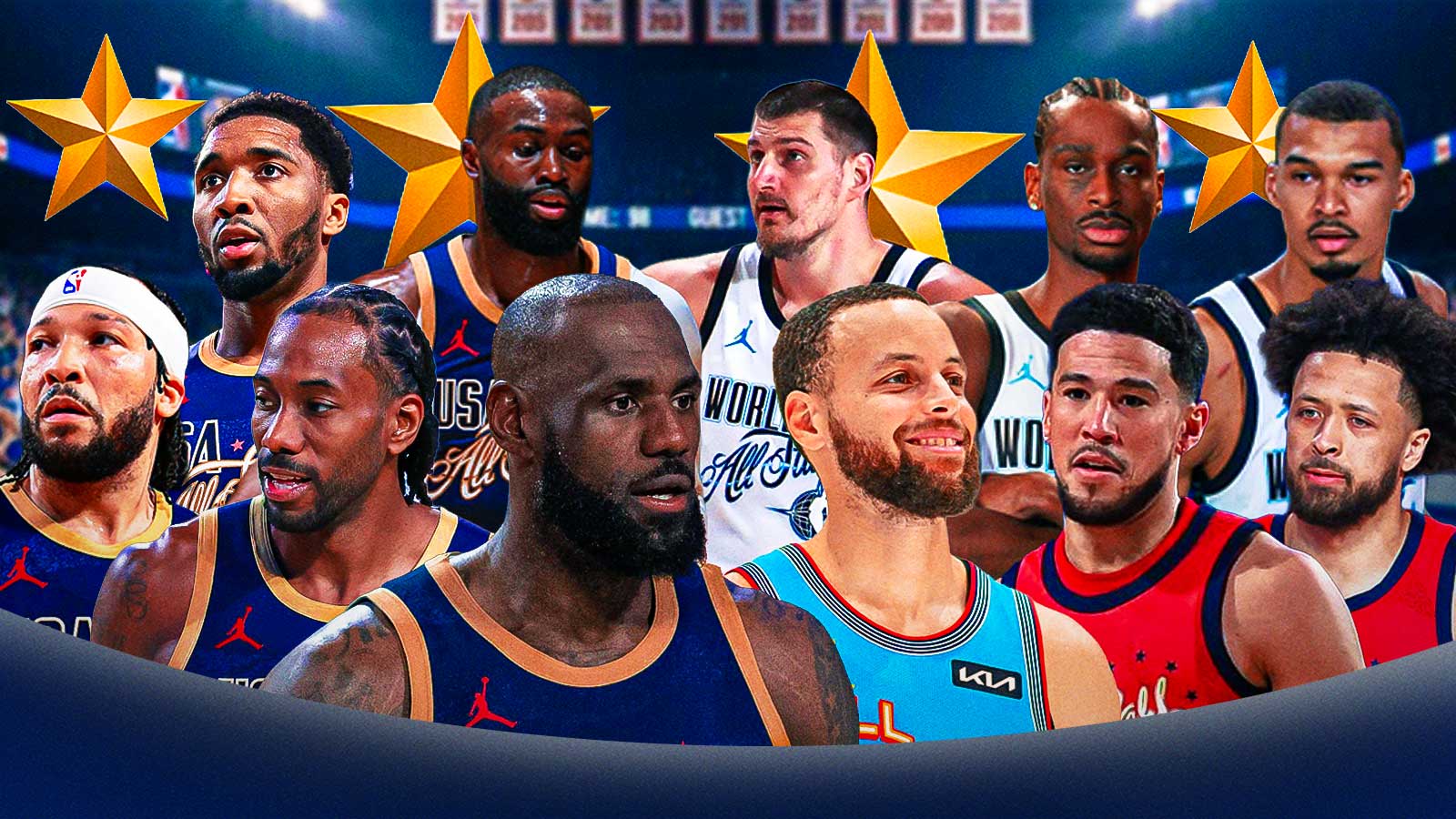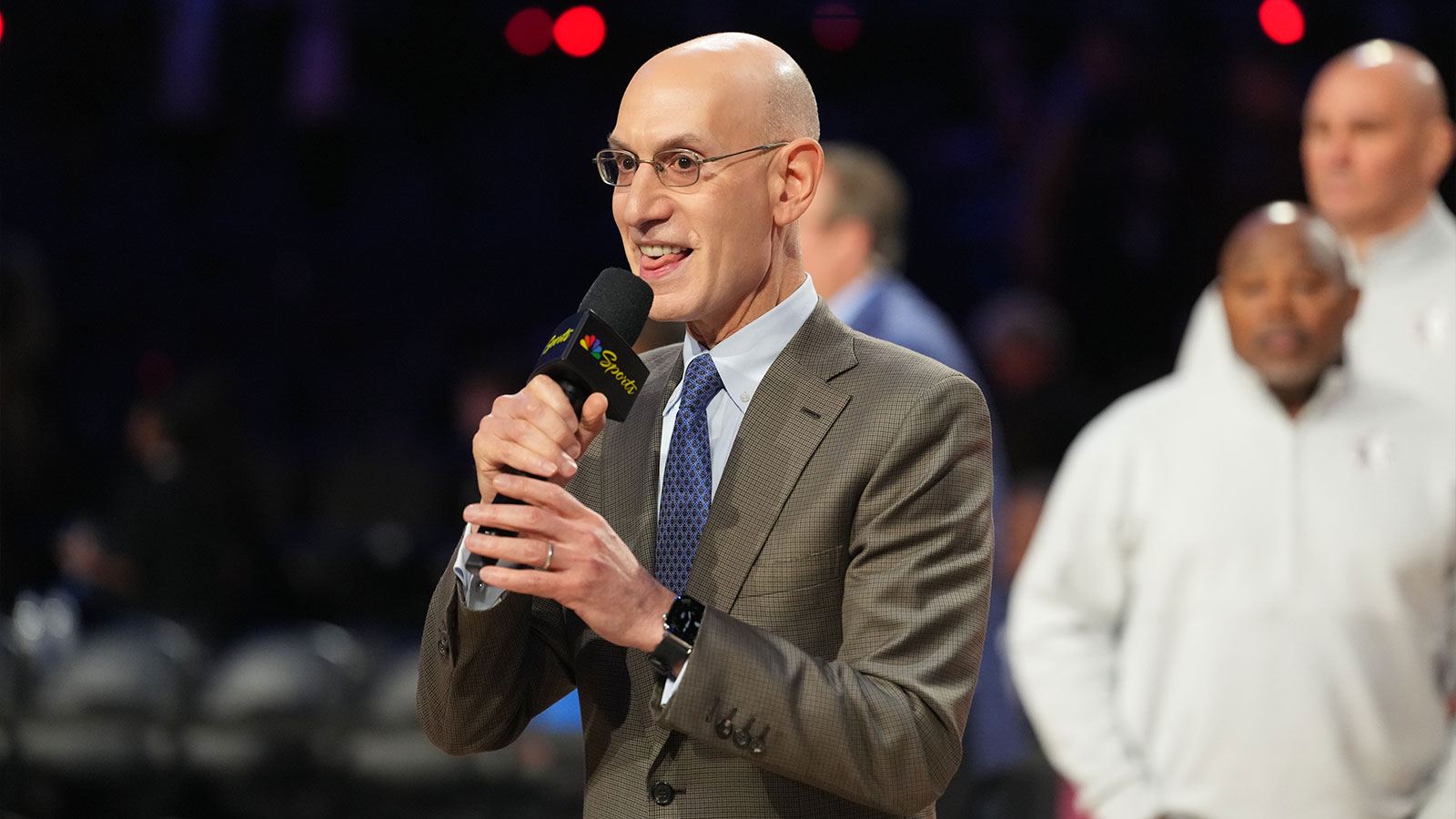Since 1947, the NBA Finals has been in existence to determine which team stands on top of the professional basketball mountain. Of course, 77 years ago, there were only 11 teams in the league, with three of the best teams per division (now known as conferences) duking it out in the postseason. At the conclusion of the inaugural NBA playoffs, it was the Philadelphia Warriors — the predecessor of the storied Warriors franchise millions all over the world have come to love — that stood tall.
The 2023-24 season is wrapping up soon, and only two teams are left who can add themselves to this list. The Dallas Mavericks, a team with one championship to their name, will be taking on the Boston Celtics, a team whose 17 championships are currently tied for the most in league history. the 2024 NBA Finals could go either way, but for now, here is the list of teams that have achieved the pinnacle of team success in the NBA ever since the league's inception.
List of champions in NBA Finals history
Here are all the NBA Finals winners in reverse order with the MVP listed in parentheses.
2022-23: Denver Nuggets (Nikola Jokić)
Nikola Jokic in his 1st trip to the Finals:
30.2 PPG
14.0 RPG
7.2 APGThe #NBAFinals MVP delivered in HISTORIC fashion. pic.twitter.com/fnpUYk93IQ
— NBA (@NBA) June 13, 2023
The Nuggets finally won their title. Denver took care of the upstart Miami Heat in five games last year. The Heat were just the second team in NBA history to reach the Finals as an eight seed and the first to do so in a full season. They even managed to win Game 2 in Denver, but the Nuggets dominated Games 3 and 4 in Miami before returning home to finish off the series in Game 5.
Jokić was an easy choice for Finals MVP. He was dominant in every game and averaged 30.2 points, 14.0 rebounds and 7.2 assists per game to cement himself as one of the best players to ever play in the NBA.
2021-22: Golden State Warriors (Stephen Curry)
Plenty of fans and pundits counted out the Warriors; they no longer had Kevin Durant, Klay Thompson was recovering from a lengthy absence, and their roster around Stephen Curry was full of misfits.
However, the Warriors proved a lot of people wrong, going for their fourth championship in eight years — thanks in large part to Curry's heroic Game 4 efforts against the Boston Celtics.
2020-21: Milwaukee Bucks (Giannis Antetokounmpo)
Giannis Antetokounmpo joins Michael Jordan and Hakeem Olajuwon as the only players NBA history to win a regular season MVP Award, a Finals MVP Award and a Defensive Player of the Year Award. pic.twitter.com/Ks1Uhf9EA8
— NBA History (@NBAHistory) July 21, 2021
It did not look too promising for the Bucks when they went down against the Brooklyn Nets in the second round and then to the Phoenix Suns in the NBA Finals. But Giannis Antetokounmpo and company pulled through, winning the franchise's first championship in 50 years.
2019-20: Los Angeles Lakers (LeBron James)
Some may prefer to discredit this championship win, but given the circumstances brought forth by the pandemic, credit must go to the Lakers for remaining mentally fortitudinous — outlasting every team in the bubble en route to the franchise's 17th title.
2018-19: Toronto Raptors (Kawhi Leonard)
Fed up with all the losing during the prior years, the Raptors swung for the fences and traded DeMar DeRozan — their all-time leading scorer — for Kawhi Leonard. And sometimes when you swing for the fences, you do hit a home run.
2017-18: Golden State Warriors (Kevin Durant)
The addition of Kevin Durant may have made the Warriors an inevitable force. But make no mistake about it, they were vulnerable in 2018, going down 3-2 against the Houston Rockets before sweeping LeBron James and the Cleveland Cavaliers in the NBA Finals.
2016-17: Golden State Warriors (Kevin Durant)
There was no stopping this iteration of the Warriors. Outside of the Cavs' insanely hot shooting in Game 4 of the 2017 NBA Finals, the Warriors were dominant, clearly reinvigorated by the addition of Hall of Famer Kevin Durant thanks to a timely spike in the salary cap.
2015-16: Cleveland Cavaliers (LeBron James)
In honor of LeBron James going back to 23, here’s his greatest feat ever wearing 23:
Games 5-7 of the 2016 finals – the greatest 3 game stretch any human being has ever played. pic.twitter.com/8OrOLV9ck0
— 🎗NBA•Fan🎗 (@Klutch_23) July 16, 2023
The birth of the 3-1 legend, LeBron James and Kyrie Irving took advantage of a Warriors team that was on the ropes, both physically and emotionally, to mount the greatest comeback in NBA Finals history.
2014-15: Golden State Warriors (Andre Iguodala)
After two straight years of falling short, the Warriors made a coaching change, hiring Steve Kerr to replace Mark Jackson. And what followed was the greatest eight-year stretch in franchise history, beginning with their breakthrough in 2015.
2013-14: San Antonio Spurs (Kawhi Leonard)
Losing the NBA Finals in such excruciating fashion a year before only served to fuel the 2014 Spurs. Led by a veteran crew of Tim Duncan, Tony Parker, and Manu Ginobili, they managed to wipe away the stench of last year's defeat to serve as this dynasty's last hurrah.
2012-13: Miami Heat (LeBron James)
This version of the Heat was on the ropes in Game 6 of the 2013 NBA Finals. But a Kawhi Leonard missed free throw sandwiched in between two of the most clutch three-pointers in NBA history and the Heat have become back-to-back winners of the NBA championship.
2011-12: Miami Heat (LeBron James)
It wasn't quite the easy road LeBron James had envisioned when he formed the Heatles Big 3 with Dwyane Wade and Chris Bosh. But in the end, it was their veteran smarts — and James' greatness — that helped them overcome the nascent Oklahoma City Thunder.
2010-11: Dallas Mavericks (Dirk Nowitzki)
Sometimes it feels like something simply is meant to happen for certain people. And in 2011, it certainly felt that way for Dirk Nowitzki and the Mavs. Despite coming up against the heavily-favored Heat, Nowitzki finally won the big one — erasing the heartbreak of his 2007 failure.
2009-10: Los Angeles Lakers (Kobe Bryant)
Kobe Bryant and company waited two years to avenge their 2008 NBA Finals loss to the Celtics, able to do so despite Bryant's rough shooting night in Game 7.
2008-09: Los Angeles Lakers (Kobe Bryant)
2007-08: Boston Celtics (Paul Pierce)
2006-07: San Antonio Spurs (Tony Parker)
2005-06: Miami Heat (Dwyane Wade)
2004-05: San Antonio Spurs (Tim Duncan)
2003-04: Detroit Pistons (Chauncey Billups)
2002-03: San Antonio Spurs (Tim Duncan)
2001-02: Los Angeles Lakers (Shaquille O'Neal)
2000-01: Los Angeles Lakers (Shaquille O'Neal)
1999-00: Los Angeles Lakers (Shaquille O'Neal)
1998-99: San Antonio Spurs (Tim Duncan)
1997-98: Chicago Bulls (Michael Jordan)
1996-97: Chicago Bulls (Michael Jordan)
1995-96: Chicago Bulls (Michael Jordan)
1994-95: Houston Rockets (Hakeem Olajuwon)
1993-94: Houston Rockets (Hakeem Olajuwon)
1992-93: Chicago Bulls (Michael Jordan)
1991-92: Chicago Bulls (Michael Jordan)
1990-91: Chicago Bulls (Michael Jordan)
1989-90: Detroit Pistons (Isiah Thomas)
1988-89: Detroit Pistons (Joe Dumars)
1987-88: Los Angeles Lakers (James Worthy)
1986-87: Los Angeles Lakers (Magic Johnson)
1985-86: Boston Celtics (Larry Bird)
1984-85: Los Angeles Lakers (Kareem Abdul-Jabbar)
1983-84: Boston Celtics (Larry Bird)
1982-83: Philadelphia 76ers (Moses Malone)
1981-82: Los Angeles Lakers (Magic Johnson)
1980-81: Boston Celtics (Cedric Maxwell)
1979-80: Los Angeles Lakers (Magic Johnson)
1978-79: Seattle Supersonics (Dennis Johnson)
1977-78: Washington Bullets (Wes Unseld)
1976-77: Portland Trail Blazers (Bill Walton)
1975-76: Boston Celtics (Jo Jo White)
1974-75: Golden State Warriors (Rick Barry)
1973-74: Boston Celtics (John Havlicek)
1972-73: New York Knicks (Willis Reed)
1971-72: Los Angeles Lakers (Wilt Chamberlain)
1970-71: Milwaukee Bucks (Kareem Abdul-Jabbar)
1969-70: New York Knicks (Willis Reed)
1968-69: Boston Celtics (Jerry West — the only Finals MVP from a losing team)
1967-68: Boston Celtics
1966-67: Philadelphia 76ers
1965-66: Boston Celtics
1964-65: Boston Celtics
1963-64: Boston Celtics
1962-63: Boston Celtics
1961-62: Boston Celtics
1960-61: Boston Celtics
1959-60: Boston Celtics
1958-59: Boston Celtics
1957-58: St. Louis Hawks
1956-57: Boston Celtics
1955-56: Philadelphia Warriors
1954-55: Syracuse Nationals
1953-54: Minneapolis Lakers
1952-53: Minneapolis Lakers
1951-52: Minneapolis Lakers
1950-51: Rochester Royals
1949-50: Minneapolis Lakers
1948-49: Minneapolis Lakers
1947-48: Baltimore Bullets
1946-47: Philadelphia Warriors
Best NBA Finals performances per decade
These are the best individual performances in the NBA Finals for each decade, starting with the 1950s.
1940/1950s: George Mikan, Minneapolis Lakers (1950)
It's quite a shame that George Mikan doesn't quite withstand the test of time due to how much more talented NBA players have become since his era. But make no mistake about it, Mikan was a dominant force during his time, averaging 32.2 points in the 1950 NBA Finals — paving the way for the next generation of great big men with such a stellar performance to lead his Lakers to their second straight championship.
1960s: Jerry West, Los Angeles Lakers (1969)
The only player in NBA history to win Finals MVP honors despite failing to win the championship, Jerry West's style of play was ahead of his time. His ballhandling and shot-making ability from the perimeter was unparalleled during his time, and even with the Lakers coming up short, no one could chalk it up to a lack of effort from The Logo, as he averaged 37.9 points and 7.4 assists in a seven-game series defeat.
1970s: Bill Walton, Portland Trail Blazers (1977)
Injuries may have cut Bill Walton's prime short, but on his day, he was as dominant and as unselfish a superstar as anyone, leading the Blazers franchise to its only championship to date.
1980s: Magic Johnson, Los Angeles Lakers (1987)
During a decade dominated by Larry Bird and Magic Johnson, no one could go wrong putting any of their series on this list. But Johnson's 1987 performance takes the cake by just a hair, thanks to his impressive all-around display as evidenced by his eye-popping stats, which proved to be the difference in a nail-biting six-game affair against the rival Celtics.
1990s: Michael Jordan, Chicago Bulls (1993)
With six series to choose from in the 1990s, Michael Jordan's 1993 performance stands out as his best. Putting the Bulls on his back against the Phoenix Suns, Jordan averaged 41 points, 8.5 rebounds, and 6.3 assists per game — no, seriously, 41 points — to cement the first three-peat of his career.
2000s: Shaquille O'Neal, Los Angeles Lakers (2000)
Almost four years after taking his talents to Hollywood, Shaquille O'Neal finally broke through. Thanks to a dominant performance wherein he averaged 38.0 points, 16.7 rebounds and 2.7 blocks per game against the hapless Indiana Pacers, Shaq won the first of three-straight Finals MVPs.
2010s: LeBron James, Cleveland Cavaliers (2016)
It feels wrong to choose any other performance than LeBron James' 2016 heroics as the best of the 2010s. James may have been more efficient in prior title runs (2012 and 2013) and he put up more impressive counting stats the year prior, but the sheer force of will he had in 2016 cannot be topped.
2020s: Giannis Antetokounmpo, Milwaukee Bucks (2021)
Stephen Curry's incredible Game 4 against the Celtics during the 2022 NBA Finals almost put him at the top spot of greatest NBA Finals performances this decade. But Giannis Antetokounmpo's two-way display (his block against Deandre Ayton in Game 4 immediately comes to mind) and his 50-point performance in their closeout Game 6 victory over the Suns puts him over the top.



